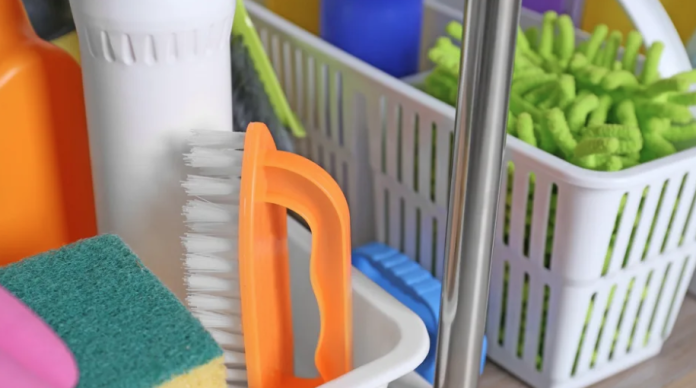
Researchers warn of far-reaching consequence of household item once thought to be harmless: ‘It’s necessary to consider’
Plastics are used in every part of our daily lives, and this could be having far-reaching consequences on global health and the environment.
What’s happening?
Plastic is widely used because it is much cheaper than many available alternatives, and until recently it was thought to be harmless.
While there has been lots of research on its negative effects, a recent study by scientists in Sweden was the first to look at the impact plastics are having on a much wider scale, per SciTechDaily. It found that plastics have a negative impact on every aspect of the Earth system, which includes all the physical, chemical, biological, and social processes that occur, and the interactions between them.
Do you think we use too much plastic in America?
Definitely
Only some people
Not really
I’m not sure
Click your choice to see results and speak your mind
Plastics are so damaging because of the thousands of chemicals involved in their lifecycle, from the extraction of raw materials to the release of waste into the environment, that have negative impacts on both environmental and human health.
“It’s necessary to consider the full life cycle of plastics, starting from the extraction of fossil fuel and the primary plastic polymer production,” lead article writer Patricia Villarrubia-Gómez of the Stockholm Resilience Center said, according to SciTechDaily.
Why is tackling plastic pollution important?
Plastic pollution is a global problem that continues to grow. According to the U.N. Environment Programme, the equivalent of 2,000 garbage truck loads of plastic makes its way into our oceans, rivers, and lakes every day. This pollutes our environment, alters habitats, kills wildlife, and directly impacts the lives of millions of people globally.
As they break down, plastics also shed microplastics into the environment, and these have been found all over the world, even in the most remote places. Microplastics have also been found throughout the human body and linked to the development of several life-threatening illnesses, such as cancer and cardiovascular disease.
What’s being done about plastic pollution?
There are lots of simple switches that can be made to reduce the amount of plastic we use every day, from carrying a reusable water bottle or travel coffee mug to using reusable grocery bags, and avoiding single-use plastic items such as straws. Finding out more about the recycling options in your area can also be a great way to reduce how much plastic is sent to landfills.
At a higher level, this study shows the need to consider every aspect of plastic production and find sustainable solutions that will protect people and the planet.





















